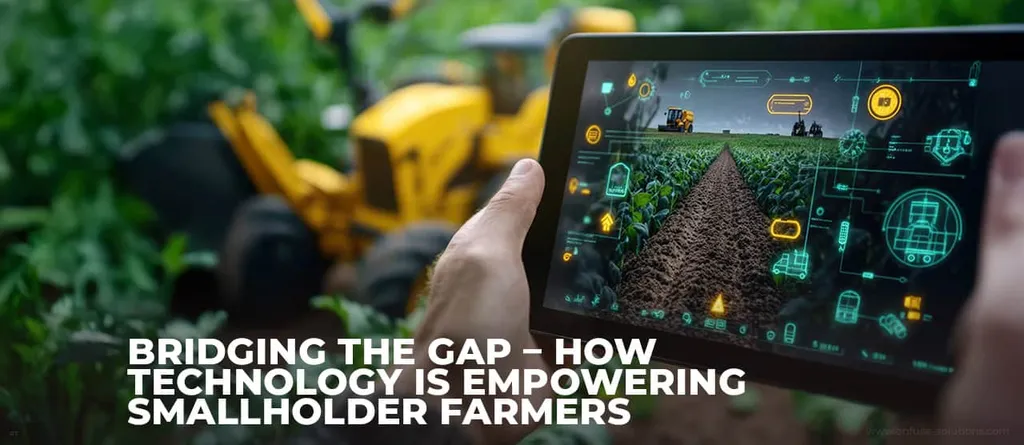In the rapidly evolving landscape of agriculture, mobile technology is emerging as a game-changer, bridging gaps and enhancing productivity. However, the journey is not without obstacles. A recent study published in *Discover Applied Sciences* (which translates to *Journal of Applied Sciences* in English) sheds light on the global research trends and applications of mobile technology in agriculture, offering insights into the challenges and opportunities that lie ahead.
The study, led by Husein Osman Abdullahi from the Faculty of Computing at SIMAD University, highlights three primary barriers to the adoption of mobile technology in agriculture: digital literacy gaps, unreliable connectivity, and high costs. These challenges are particularly pronounced in remote and under-connected regions. Additionally, women farmers face unique cultural and gender-related barriers, underscoring the need for inclusive and equitable solutions.
“Many farmers encounter significant hurdles in adopting mobile technology,” Abdullahi notes. “Addressing these challenges requires a multifaceted approach, including public-private partnerships, policy interventions, and international collaboration.”
The research reveals that key research themes include mobile applications, the Internet of Things (IoT), and precision agriculture, reflecting the increasing adoption of advanced technologies in agricultural systems. The study also identifies India, China, and the United States as the most prolific contributors to the publication output, indicating a global interest and investment in this field.
One of the most compelling findings of the study is the critical role of public-private partnerships, policy, and international collaboration in addressing the identified challenges. “The most critical solutions for these problems are Public–private partnerships, policy, and international collaboration,” Abdullahi emphasizes. This collaborative approach is essential for developing sustainable and resilient agricultural systems that can withstand environmental problems and food security challenges.
The study contributes to the body of literature by providing a comprehensive worldwide bibliometric analysis that identifies research gaps and trends in mobile agriculture. It also highlights the sociocultural factors influencing the adoption of new technologies, offering valuable insights for policymakers, researchers, and practitioners.
Looking ahead, the study suggests that further research should focus on implementing advanced mobile strategies and connecting them with IoT, blockchain, and artificial intelligence. “For the promotion of mobile technologies that are sustainable and resilient agricultural systems internationally, research should be conducted using multiple discipline experts to ensure diverse perspectives are considered,” Abdullahi advises.
As the agricultural sector continues to evolve, the integration of mobile technology offers immense potential for enhancing productivity, sustainability, and resilience. By addressing the identified challenges and leveraging the opportunities presented by advanced technologies, the sector can pave the way for a more sustainable and food-secure future. The study published in *Discover Applied Sciences* serves as a crucial stepping stone in this journey, offering valuable insights and recommendations for stakeholders across the globe.

